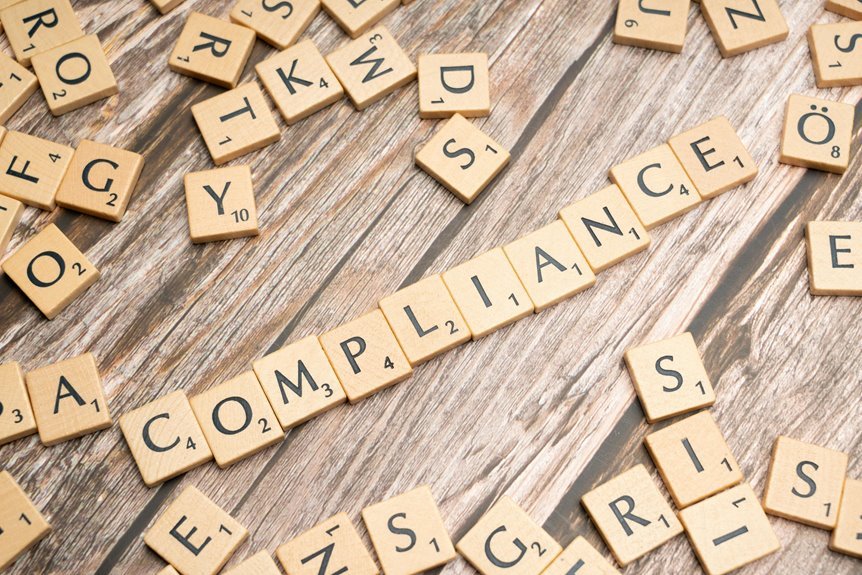
Communication Integrity and Compliance Board 3307757328 7348224798 8042142128 5715064406 4806185344 4196885142
The Communication Integrity and Compliance Board plays a crucial role in maintaining ethical standards within organizations. Its key functions include policy development, risk assessments, and training programs aimed at fostering a culture of integrity. Understanding how these elements contribute to overall compliance can significantly impact business operations. What strategies does your organization have in place to support these initiatives?
The Role of the Communication Integrity and Compliance Board
The Communication Integrity and Compliance Board plays a crucial role in ensuring that organizations adhere to established standards and regulations.
You’ll find that this board provides essential communication oversight, promoting transparency and accountability.
By enforcing ethical standards, it helps you navigate complex compliance landscapes, fostering an environment where integrity thrives.
Ultimately, this board empowers you to make informed decisions aligned with your organization’s values.
Key Functions and Responsibilities
Five key functions define the Communication Integrity and Compliance Board’s responsibilities.
You’ll engage in policy development, ensuring guidelines align with ethical standards. Conducting risk assessments helps identify potential compliance issues.
You’ll also oversee training programs, promote a culture of integrity, and maintain open channels for reporting concerns.
These functions aim to safeguard transparency and uphold the organization’s commitment to ethical practices.
Importance of Compliance in Business Operations
While navigating today’s complex business environment, understanding the importance of compliance is crucial for any organization.
Regulatory adherence ensures you avoid legal pitfalls and fines, while operational transparency builds trust with stakeholders.
Building a Culture of Trust and Accountability
Creating a culture of trust and accountability within your organization not only boosts employee morale but also enhances productivity and collaboration.
By emphasizing trust development, you empower employees to share ideas freely. Implementing clear accountability measures ensures everyone understands their responsibilities, fostering a sense of ownership.
Together, these elements cultivate an environment where individuals feel valued and motivated to contribute their best work.
Conclusion
In conclusion, the Communication Integrity and Compliance Board is essential for fostering an ethical business environment. By ensuring compliance and promoting transparency, you not only protect your organization but also build a culture of trust and accountability. Remember, as Socrates once said, “An unexamined life is not worth living.” Regularly assessing your practices and policies can lead to informed decision-making, ultimately enhancing your organization’s reputation and long-term success in the ever-evolving landscape of business operations.



